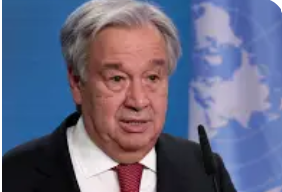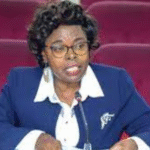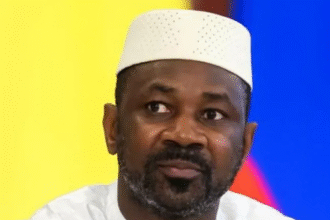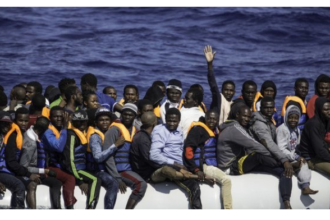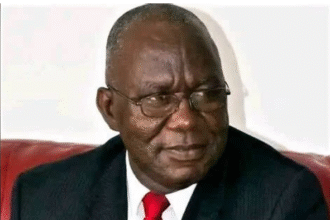By Esther Edoh
New York, NY – United Nations Secretary-General António Guterres has renewed his call for reparations and justice for Africans and people of African descent, citing the “colossal injustices” inflicted by enslavement, the transatlantic slave trade, and colonialism. Speaking in New York on Friday at the Africa Dialogue Series, Guterres emphasized the need for Member States and the UN to actively work towards addressing these historical wrongs.
“Africa is a continent of boundless energy and possibility,” Guterres stated, while simultaneously highlighting the deeply rooted racism and exploitative systems that continue to disadvantage African nations and their diaspora. He expressed profound regret that these injustices were perpetrated by many countries, including his own, and that they persist in distorting our world today.
The UN Chief acknowledged that slavery and the transatlantic slave trade constituted crimes against humanity and reiterated his longstanding call for redress. He noted that the movement for reparatory justice is gaining momentum globally, as evidenced by the ongoing Second Decade for People of African Descent, which runs through 2035.
While acknowledging the tangible progress made during the previous decade, including over 30 Member States revising laws to tackle racial discrimination, Guterres emphasized that much work remains to be done. “We point to the poisoned legacies of enslavement and colonialism, not to sow division but to heal them,” he asserted.
Guterres highlighted that decolonization did not fully liberate African countries from the structures and prejudices that enabled these historical injustices. He pointed out that when the UN was founded and global structures were established, some African nations were still colonies, and those that gained independence inherited systems designed to benefit others.
President of the General Assembly, Philémon Yang, echoed Guterres’ sentiment, emphasizing the importance of teaching the true history of these injustices through national curricula and monuments like The Ark of Return at UN Headquarters. “Knowledge of our true history can serve as a powerful compass in our onward march towards progress,” Yang stated.
This year’s Africa Dialogue Series focused on “Justice for Africans and People of African Descent Through Reparations” and aligns with the African Union’s theme for 2025, further solidifying the growing global momentum for reparatory justice. The UN’s continued advocacy on this issue signals a renewed commitment to addressing historical injustices and building a more equitable future for Africa and its diaspora.


